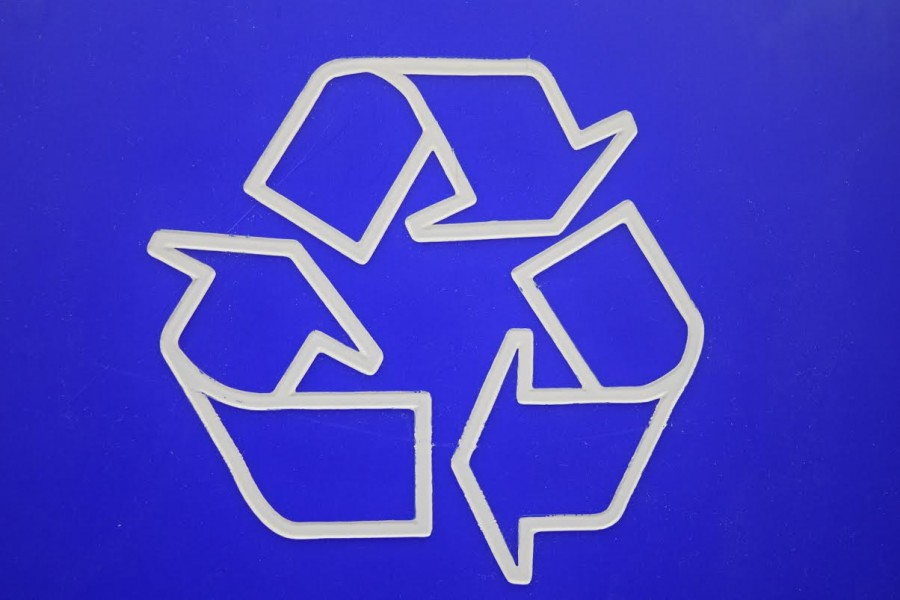Throwing Away our Environmental Conscience: SHS’ Missing Recycling Program
February 23, 2016
Growing up, everyone has heard the expression “Reduce, Reuse, Recycle,” but what if these same words weren’t being practiced in our very own school system? In the past decade, the town of Scituate has made strides to ensure that it is a more environmentally friendly community. Between the windmill and the solar panels, Scituate has seemingly taken steps in the right direction when it comes to protecting the environment. But some were outraged to learn of an unknown contributor to Scituate’s carbon footprint: a lack of recycling within Scituate Public Schools. This came as a surprise to many, as it contradicted the town’s environmentally responsible attitude and has since fueled efforts by the newly formed SHS Environmental Club to revitalize the recycling program.
Mr. Richter, chorus director at SHS, has led the movement to reinstate the high school’s recycling program with the help of Paul Donlin, the Scituate Public Schools’ Director of Business and Finance, and Sean Hubbard, Head of Cafeterias. The issue came to Mr. Richter’s knowledge in recent months due to the fact that the music room is being torn down during the construction of the new middle school. As a result, all the sheet music needed to be disposed. At that point in time, the high school didn’t have a recycling program. Richter believed that all the sheet music would be an excessive amount of waste to be dumped into the landfill, so he decided to become involved.
For several years, the school’s trash and recycling program was through the company Waste Management, which came to the public schools every day. Mr. Richter explained that over time, student interest in the Environmental Club, which managed recycling, dwindled. Slowly, the school’s recycling program faded with little resistance. If you weren’t aware that the school was no longer recycling, then you weren’t alone. According to Richter, most students and staff weren’t aware of the absence of a recycling program because the high school was getting by without it. It wasn’t until Mr. Richter’s discovery that people began to realize the serious repercussions on the environment of not having a school-wide recycling effort.
Following a push by members of the school community, including by the newly formed environmental club, plans to reboot the recycling program commenced. The new recycling program, Republic Services, will come every other day to collect trash and the recyclables. The most important note about the new program is that it is single-stream recycling, which means all the recyclables can go into the same bin. Although Mr. Richter acknowledged that “you can recycle virtually everything,” food contamination can ruin an entire bin of recycling, so all materials being recycled should be free of food.. He believes that recycling is “an education process.” Students must be taught what can and cannot be recycled.
When considering the reasons why the high school didn’t have a recycling program, our initial thought was that it saved the school money. It came as a surprise to learn that the old system of trash removal cost the Scituate Public Schools more than $60,000 per year. The new recycling program will save the Scituate community at least $30,000 a year. Mr. Richter proclaimed, “It’s a win win all around. We get to feel better about the environment that we live in, and at the same time the school system is saving a significant amount of money.”
It takes more than a new recycling program to fuel passion among students about the necessities of protecting the environment, however this is a huge step in the right direction. Mr. Duffey summed it up when he stated, “Everyone is going to have to do this.” In order to truly turn Scituate into a green school system, every student must make a conscious effort to take care of the environment.
